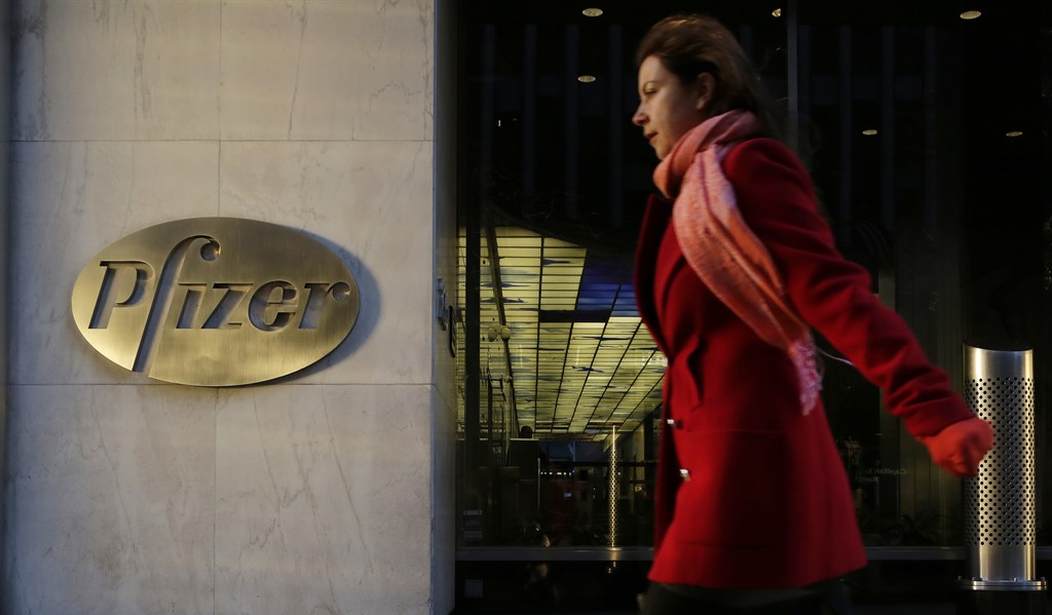A bit of news you might have missed in the chaos of the week between Christmas and the New Year was this report from Reuters, which states that drugmakers are set to raise the prices of more than five hundred medications this month.
Even though inflation is rising at a slower rate than it was at the beginning of Biden’s presidency, the cost of pharmaceuticals is still increasing (again). 3 Axis Advisors, the ones who identified that drug prices are again going up, points to median drug price increases of about 5 percent per year since 2019.
However, when you look at a chart of the U.S. inflation rate and set it to the last 5 years, you will see inflation has generally been a lot lower since 2019 than 5 percent. The long-term inflation rate in the US is about 3.3 percent-- and that 3.3 percent is still higher than the current inflation rate. So there have still been plenty of rises above the average inflation rate since 2019, and if the median price hike is 5 percent again this year, that will exceed the inflation rate by a decent margin.
So what is going on here? There are a lot of reasons this is happening, and now that we are officially in an election year the President will have plenty of excuses as to why this problem has gotten worse on his watch. Biden will most likely give a speech about Bidenomics while touting the failed Inflation Reduction Act, and then offer some lip service about more solutions he has for this problem.
Interestingly, if you read the Reuters piece, it suggests that that same Inflation Reduction Act might even be part of the problem. Trump supporters from all the way back in 2016 will probably wonder if the piecemeal approach the Inflation Reduction Act takes, as opposed to the broader, industry-wide approach Trump wanted to take, could be an issue while Paul Ryan types will wonder if Medicare drug price negotiation was in fact the bad idea Paul Ryan types always said.
The thing is, understanding causes is lovely, but for us normal people who don't spend all day debating health care policy, we still have to contend with the higher prices that are coming.
The sad reality is there aren't a lot of options here. You have the no-cost-to-taxpayers 340B drug discount program that provides discounted medications mostly in rural (ahem, red) areas (and which pharmaceutical companies have been trying to dramatically shrink while states like Louisiana and Arkansas fight to protect it). You have Mark Cuban’s Cost Plus Drugs, which is keeping drug prices down for some consumers and is doubling the number of medications they are offering as of this month. You also have the GOP-led movement to push back against pharmaceutical companies for overcharging for insulin (interestingly, this seems to be much more of a driver for insulin costs coming down than Democrats want to admit).
Insurers try to drive drug costs down, but they are not always successful-- and their efforts don't help people without insurance, in any event.
Collectively, that's not nothing. But it's also unlikely to strike many Americans as nearly enough when we've been pounded by 15 percent-plus price rises on everything since Biden took office, including, per the 3 Axis Advisors analysis, prescription drugs. It's also unlikely to sit well with a lot of voters when pharmaceutical companies are making bank on those famed weight-loss drugs. In case you hadn't heard, Novo Nordisk, the maker of Wegovy and Ozempic, now has a higher market capitalization than the yearly GDP of Denmark-- the country from which the drugmaker hails. What a time to be alive.













Join the conversation as a VIP Member